Roadmap to Becoming a CFO: A Strategic Career Path
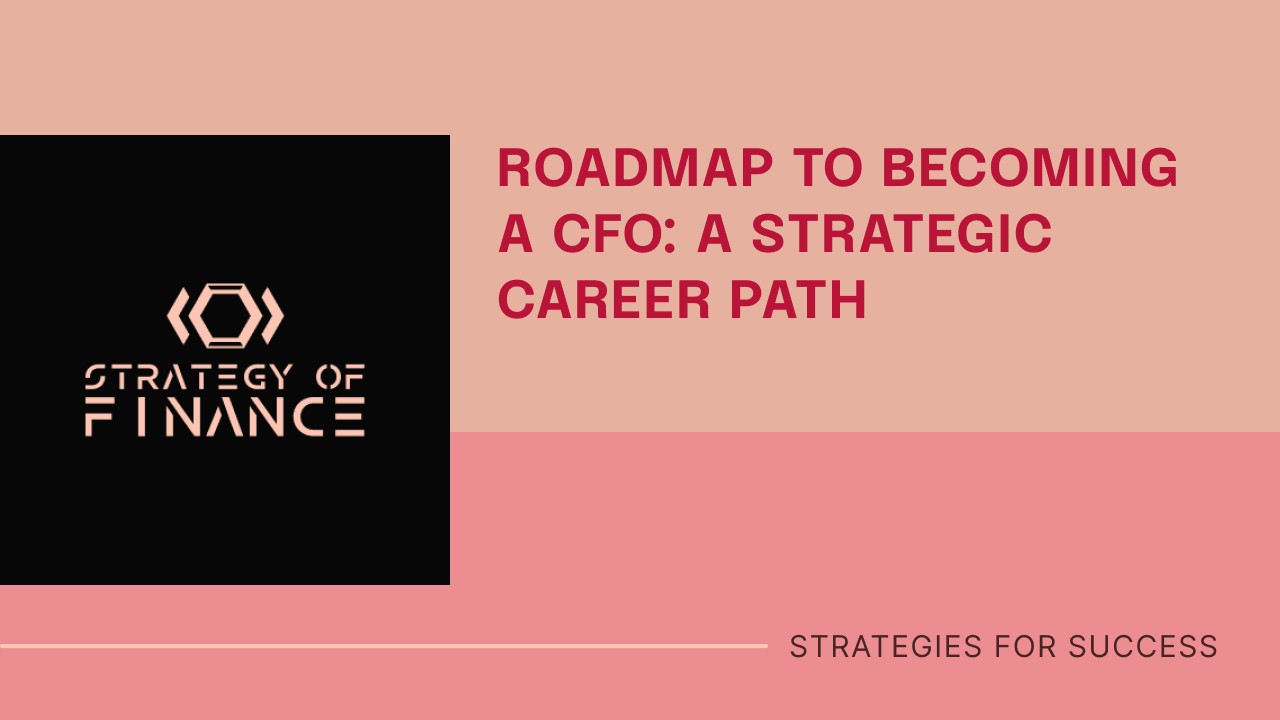
Roadmap to Becoming a CFO: A Strategic Career Path
For aspiring CFOs, charting a successful career path requires a strategic approach and a clear understanding of the key steps involved. Although, there are innumerable paths to become a CFO, drawing from the advice of experienced financial leaders, this article outlines a four-stage roadmap, dubbed the "4+1 strategy", that you can follow to maximize your chances of success in reaching this coveted executive position.
The Four-Stage Career Strategy:
Embarking on the '4+1 strategy', the following four stages are meticulously designed to guide an aspiring financial professional to eventually become a Head of Finance at a Series A/B company, setting the stage for a future CFO role. This strategic approach encompasses diverse experiences and skill-building opportunities, each critical in molding a well-rounded financial leader.
1. Start with Financial Services (3-4 Years):
Launch your career in a financial services firm, be it in investment banking, consulting, or with the big four accounting firms. This phase is about building a strong foundation in finance, understanding core financial principles, acclimatizing within the corporate world, and gaining practical experience. Spend around three to four years in this sector to acquire the essential skills and knowledge that will be invaluable throughout your career.
Key Traits Acquired: Working in financial services, you'll develop a keen eye for detail, learn to meet tight deadlines, gain expertise in client servicing and stakeholder management. You get exposure to a wide variety of companies which broadens your understanding of various business models, and senior leaders that opens up your world-view even further. Ability to get consistent exposure to senior most leaders is highly underrated and is otherwise seldom available at relatively junior levels. Further, this stage builds a foundation in financial analysis, risk assessment, and regulatory compliance, essential for any CFO.
2. Join a Leading Tech Company or an Emerging Leader in Any Industry:
The next critical step is to gain experience in a top-tier tech company or an emerging leader in your chosen industry. These companies, by nature, would have dynamic environment and innovative practices, provides exposure to cutting-edge financial management and business strategies. This experience is vital for understanding how finance functions within fast-paced, growth-oriented businesses.
Key Traits Acquired: You learn to adapt to rapid change and innovate within financial management. This experience is vital for grasping scalable business models, digital finance strategies, and integrating finance with emerging technologies.
3. Work with the Best CFOs:
Seek opportunities to work directly under highly respected CFOs. Dan Himple, Senior Financial Recruiter at HAYS states "The best CFOs in this market have always worked for the best CFOs." Learning from the best in the field offers a unique perspective on effective leadership. These experiences allow you to hone your skills and understand the nuances of high-level financial management and strategy.
Key Traits Acquired: Direct mentorship from successful CFOs equips you with leadership qualities, effective communication, strategic foresight, and high-level decision-making skills. You’ll imbibe ethical integrity and process orientation, key traits for any successful CFO. Further, this stage hones your ability to navigate complex financial landscapes and contribute to executive-level discussions.
4. Experience High-Growth Scaling:
Aim to be part of a high-growth environment, such as a scaling startup. This stage tests your ability to apply financial principles in a rapidly evolving business context and be future-ready. It’s in these settings that you'll learn how to manage finances and teams in an ambiguous environment that supports and sustains growth, preparing you for the challenges of a CFO role in any industry.
Key Traits Acquired: Participating in a high-growth environment, teaches you to manage finances effectively under pressure. You gain skills in strategic financial planning, resource allocation, technical systems, and navigating the challenges of rapid expansion.
Building Your Network and Seeking Mentorship:
In addition to these stages, continuously build your professional network. Cultivate connections with a wide range of professionals, including fellow finance professionals, company founders / CEOs, industry leaders, and venture capitalists. Attend conferences, participate in finance forums, and maintain an active online presence to broaden your network. Each interaction is an opportunity to learn and grow.
Seeking and Leveraging Mentorship:
Mentorship is essential for aspiring CFOs. Look for mentors who can provide you with valuable insights, guidance, and feedback. These relationships help you understand the intricacies of financial leadership and provide support as you navigate your career path.
Conclusion:
Embarking on the journey to become a CFO involves strategic career steps, continuous learning from seasoned professionals, and immersing yourself in a variety of financial experiences. By following this roadmap and embracing each opportunity for growth, you'll be well-equipped to advance toward your goal of becoming a Chief Financial Officer.
***
Jan 29, 2024 By Rohit Agarwal
Check out the short video: https://youtube.com/shorts/3E2_XuvilW8
Related Content
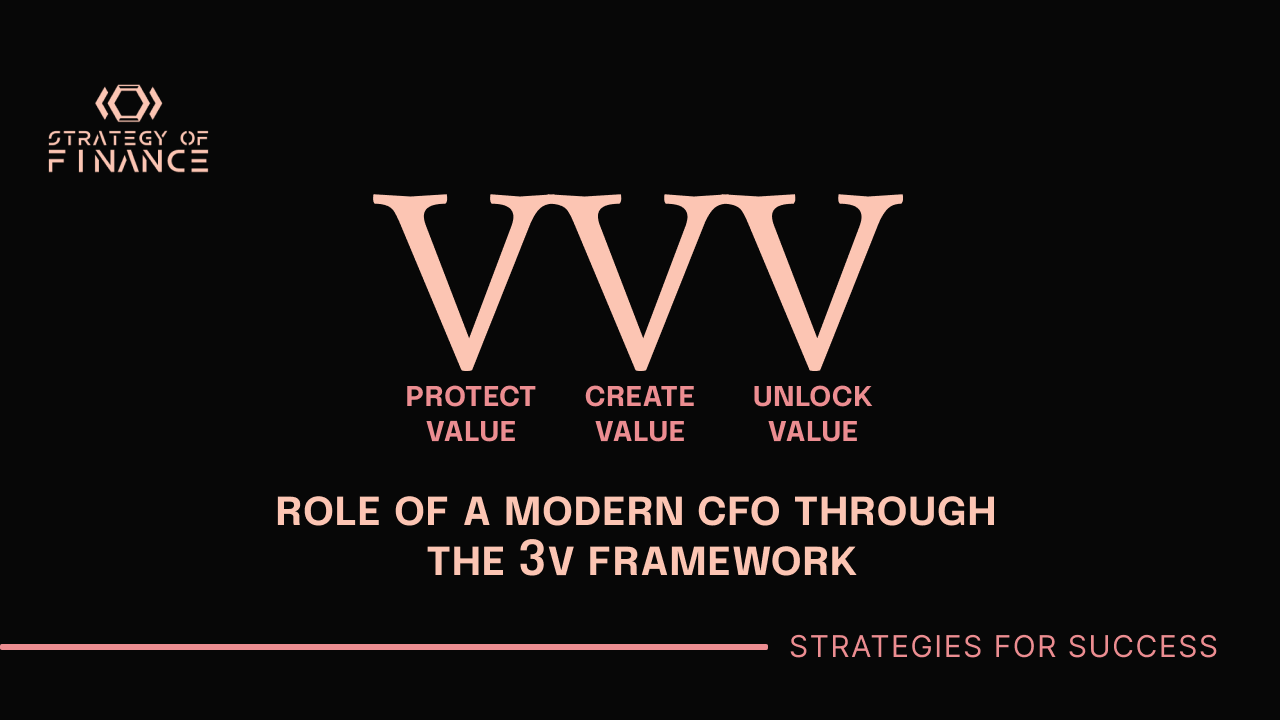
Feb 14, 2024
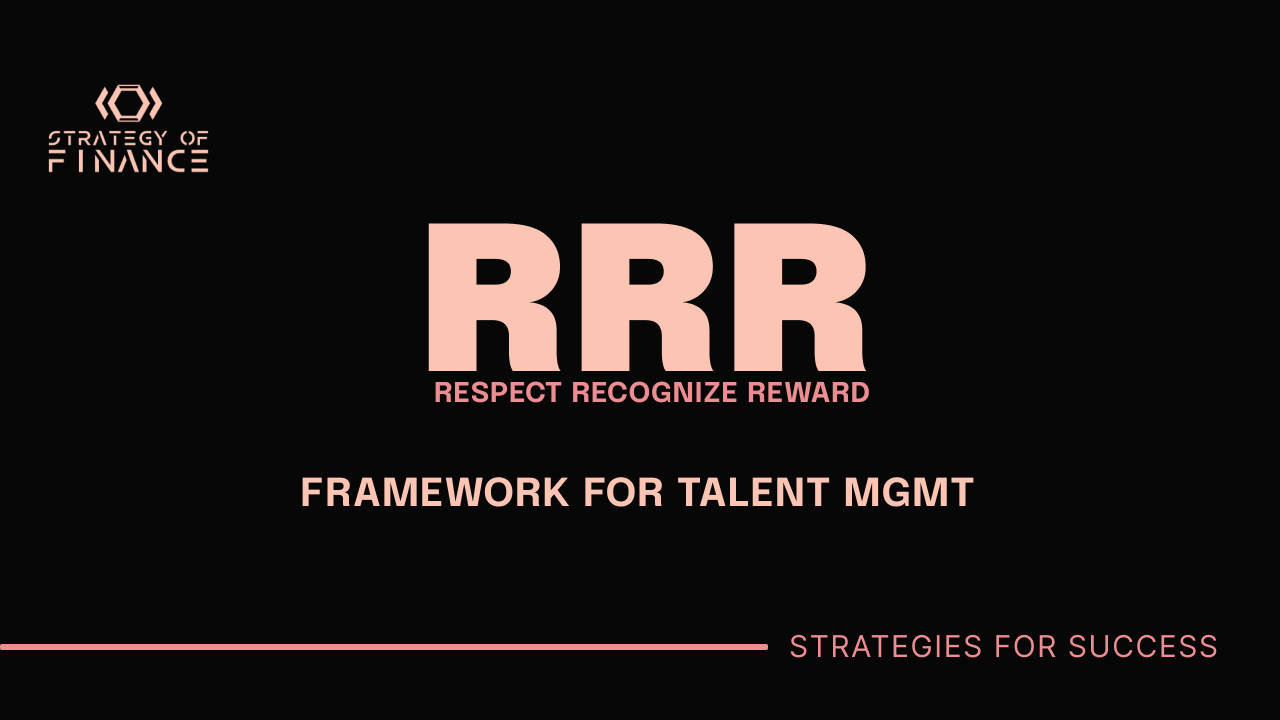
Feb 09, 2024
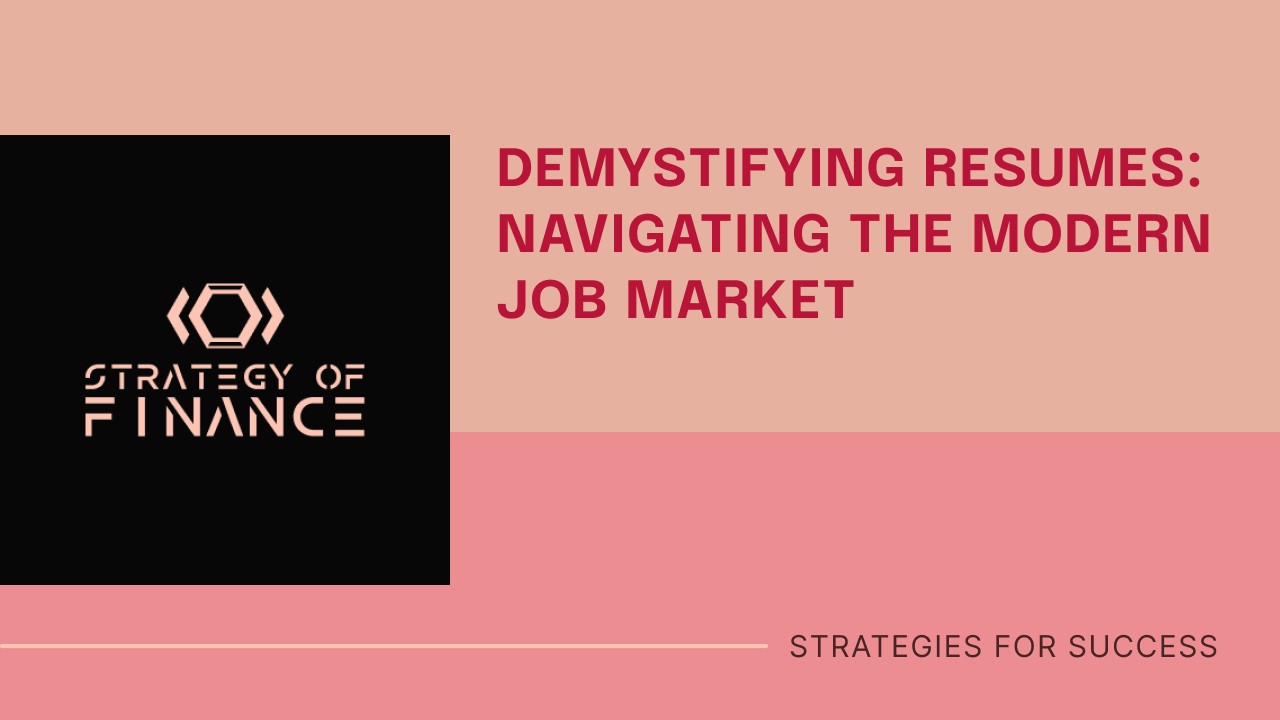
Jan 25, 2024
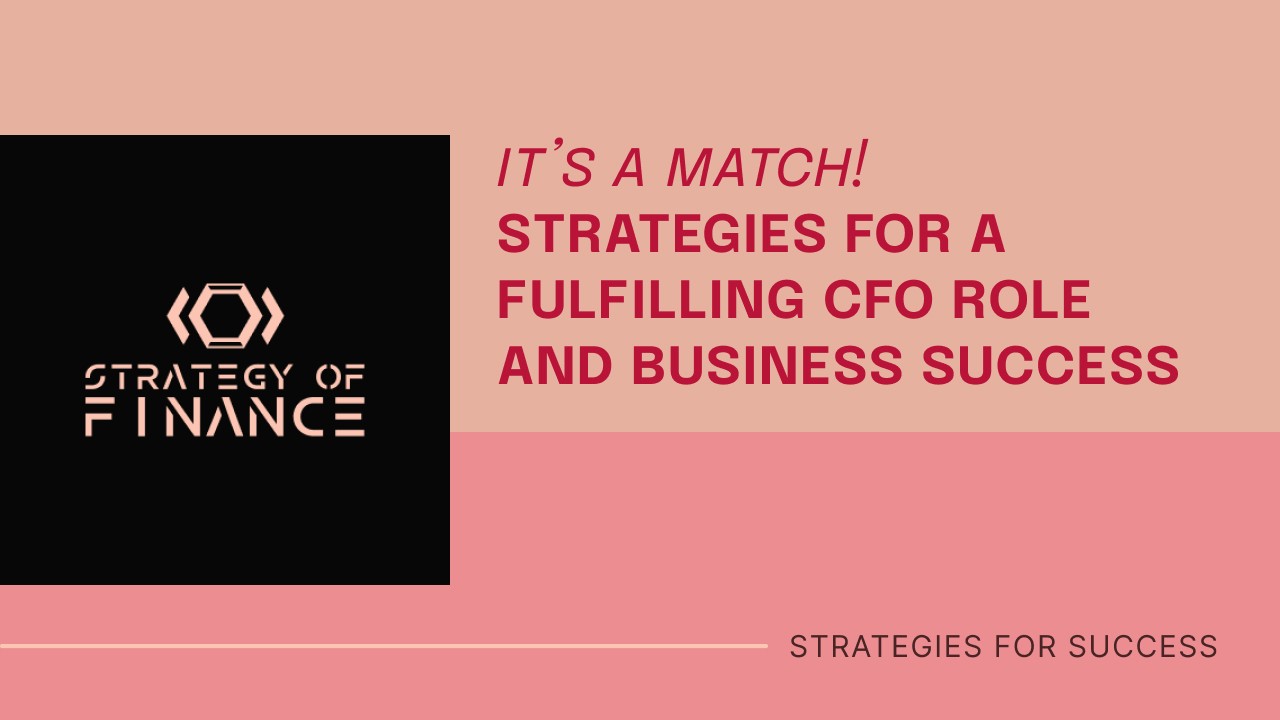
Jan 24, 2024
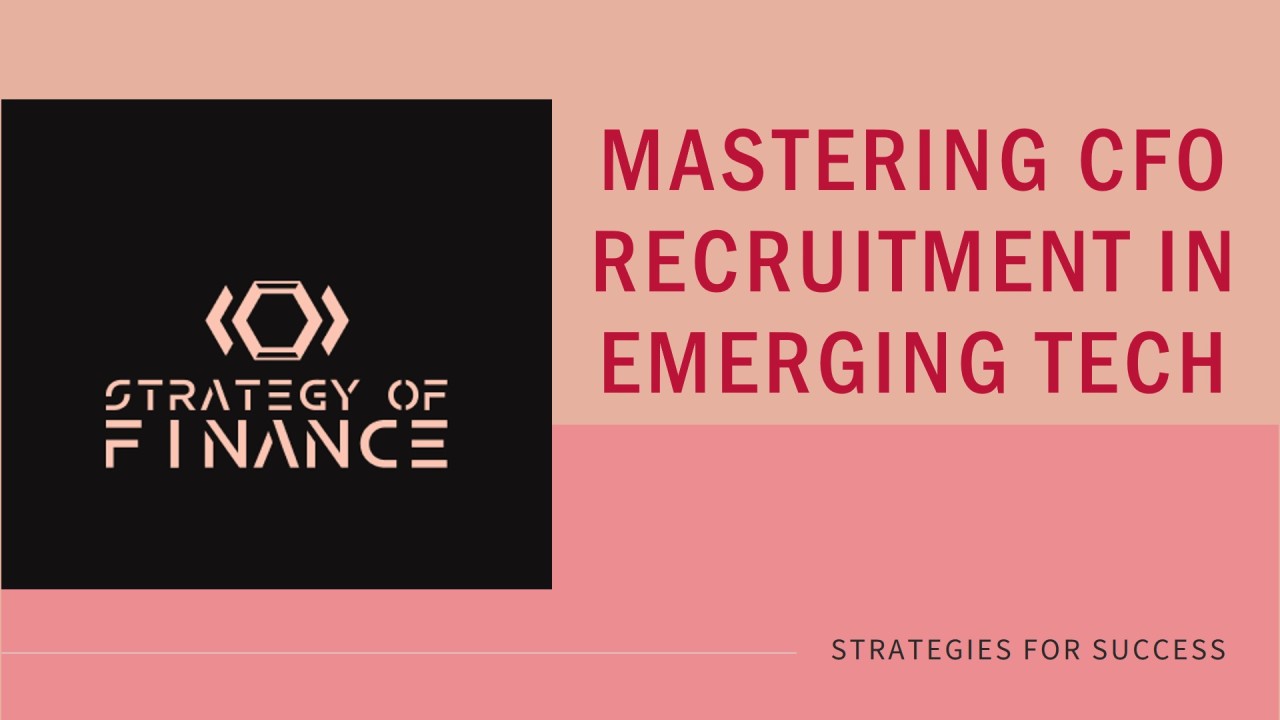
Jan 23, 2024

SoF Summaries - EP 005
June 11, 2023

SoF Summaries - EP 004
May 28, 2023

SoF Summaries - EP 003
May 4, 2023

SoF Summaries - EP 002
April 29, 2023








